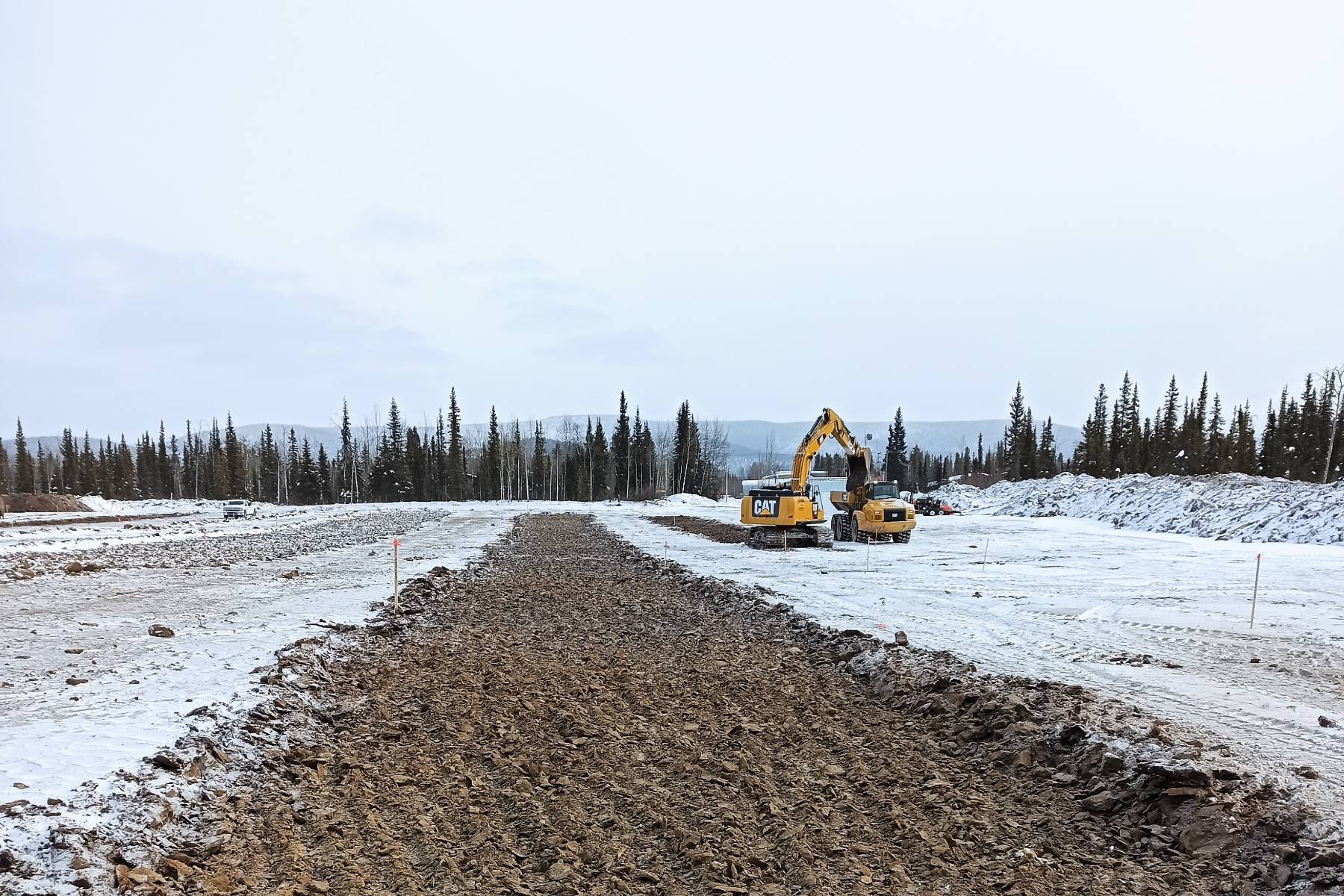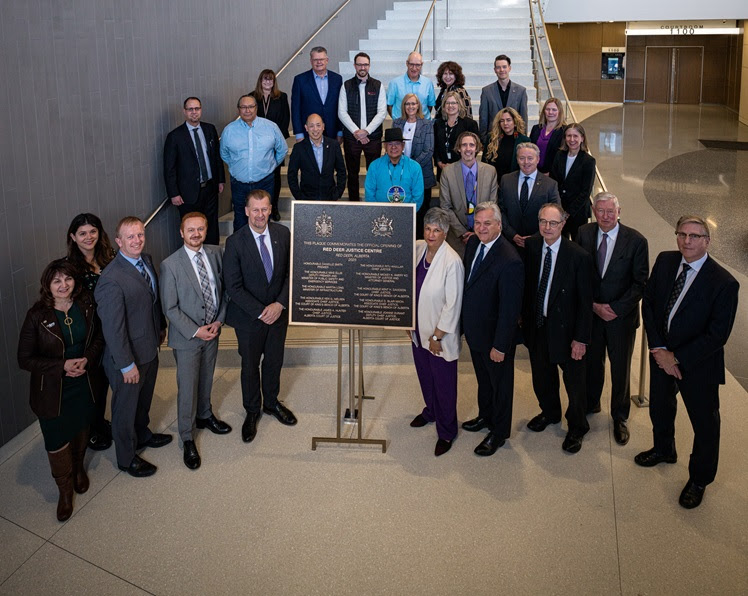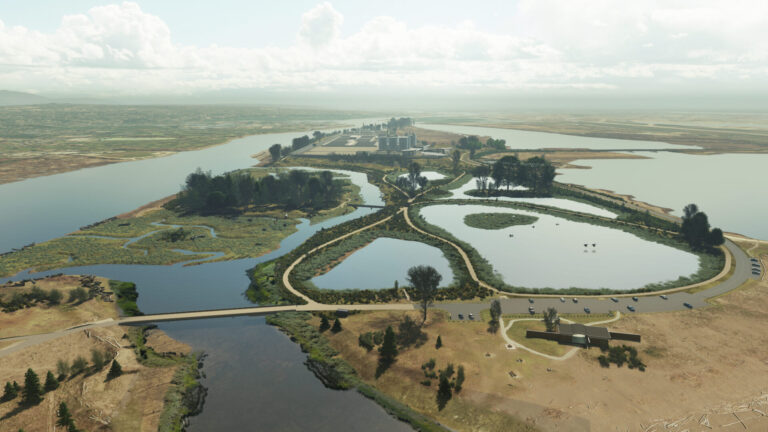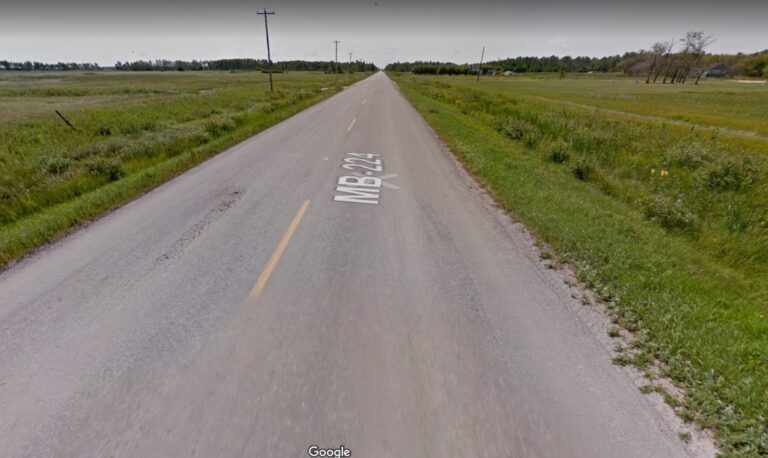The Government of Canada announced an investment of nearly $15.5 million from the federal government for the Copper Niisüü Limited Partnership, the development corporation of White River First Nation, to deploy the Beaver Creek Solar Project.
This investment includes over $13.4 million from Natural Resources Canada’s Clean Energy for Rural and Remote Communities program and $2 million from the Canadian Northern Economic Development Agency’s Inclusive Diversification and Economic Advancement in the North (IDEANorth) program.
“Our government continues to support Indigenous-led clean energy initiatives such as the Beaver Creek Solar Project. Since day one, this project has embodied the strength, vision and collaboration that characterizes the Yukon. Construction of this project will lower energy costs, enhance reliability and reduce pollution, and create good-quality jobs in northern, rural and remote communities,” said Daniel Vandal, Minister of Northern Affairs, Minister responsible for Prairies Economic Development Canada and Minister responsible for the Canadian Northern Economic Development Agency.
The Beaver Creek Solar Project, located on the Traditional Territory of the White River First Nation, will reduce the community’s reliance on diesel for electricity while creating training and skills opportunities for its residents and generating a sustainable income for Copper Niisüü Limited Partnership that can be invested in future clean energy initiatives and other community priorities.
“I am proud of our Copper Niisüü Limited Partnership and how much they have accomplished in just a few years. The work that they do supports the self-reliance of our community and our prosperity. This project is a great example of what we can do together with the right partnerships, a strong team and a common vision,” said Chief Bessie Chasse, White River First Nation.
The project, with 1.9 megawatts (MW) of solar panels and 3.5 MWh of battery energy storage, is expected to generate an average of 1,100 MWh per year, displacing approximately 55 percent of diesel consumption for electricity generation. Using life-cycle emissions of diesel fuel, the project will reduce on average 1,100 tonnes of CO2 annually and will help the community reduce their reliance on diesel and provide greater energy security.
“The Government of Canada is pleased to be supporting the White River First Nation for the deployment of the Yukon’s largest solar power project to date. Indigenous leadership in clean energy is critical to both achieving Canada’s ambitious climate targets and enabling economic reconciliation. This project will create sustainable jobs and skills training opportunities for residents while also providing sustainable and secure power,” said Jonathan Wilkinson, Minister of Natural Resources.
Featured image: (3EYOND Consulting)











